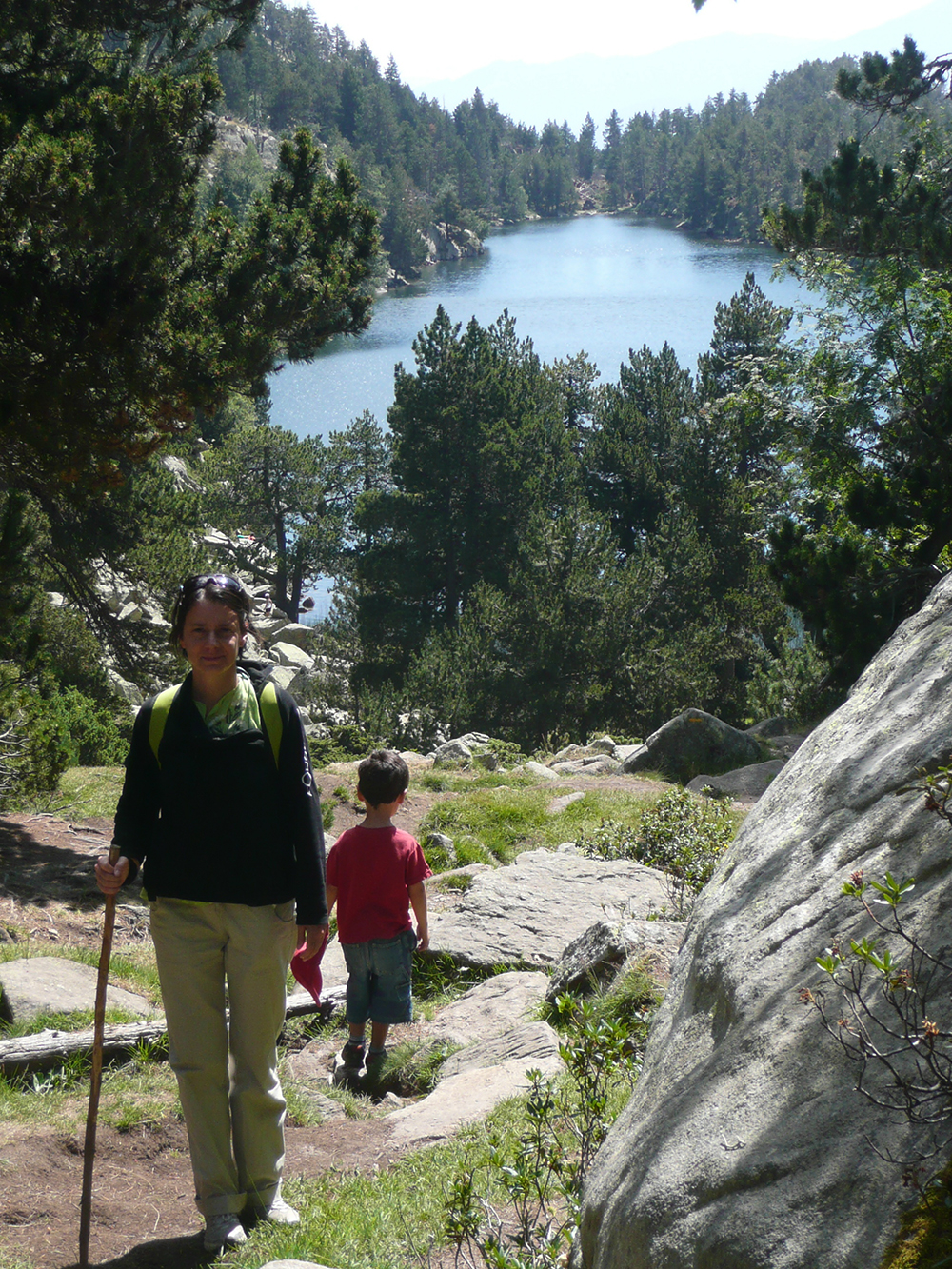 ABOUT YOU
ABOUT YOU
When did you first find out that you wanted to be scientist?
I decided I wanted to be a scientist when I was 12 after a biology lesson, where we had to discover the lifestyle of an organism (e.g. plant / animal) from a microscopic image of a tissue.
Tell us something about your background and main research interests
I am a biologist with genuine interest in evolution, so that being able (and enjoying) to handle and analyse sequence data is very helpful. I have been working on phytoplanktonic eukaryotes for one decade now, and I am still fascinated by understanding their diversity and evolution.
In plain words…what is the principal aim of your current investigation?
Understanding the processes (e.g. mutation, selection, recombination) involved in the diversity and evolution of tiny photosynthetic microorganisms
What do you like doing in your free time?
Watching kids grow and handle life, especially my own kids 😉
Which is the best advice you have ever received in science?
ABOUT THE PROJECT
In non scientific words… What is your role in SINGEK project?
I am involved in training SINGEK Early Research Scientists (ESR) in analysing DNA sequences, that is finding out the genes and functions encoded in a DNA sequence. I am also supervising one ESR on DNA sequences analysis to understand the molecular basis of interactions between microalga.
How do you think your work in SINGEK will contribute to the research field of Single Cell Genomics of microbial eukaryotes?
I am lucky to work on microalga that can be isolated and cultured in the lab, this enables to test in silico inference from DNA analysis in vivo, and thus validate sequence analysis approaches in microorganisms for which lab culture is yet impractical.
In plain words…how do you think SINGEK will contribute to better understand the living world?
SINGEK will contribute to discover many new microbial species, their evolutionary history and their interactions, knowledge about species diversity, ecology and evolution is fundamental to better understand the living world.
How do you recommend people to follow your research activity?
 ABOUT YOU
ABOUT YOU
